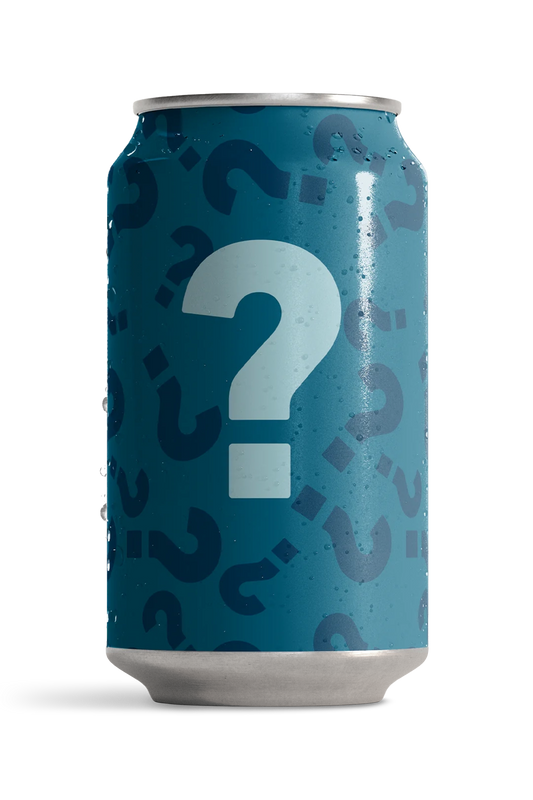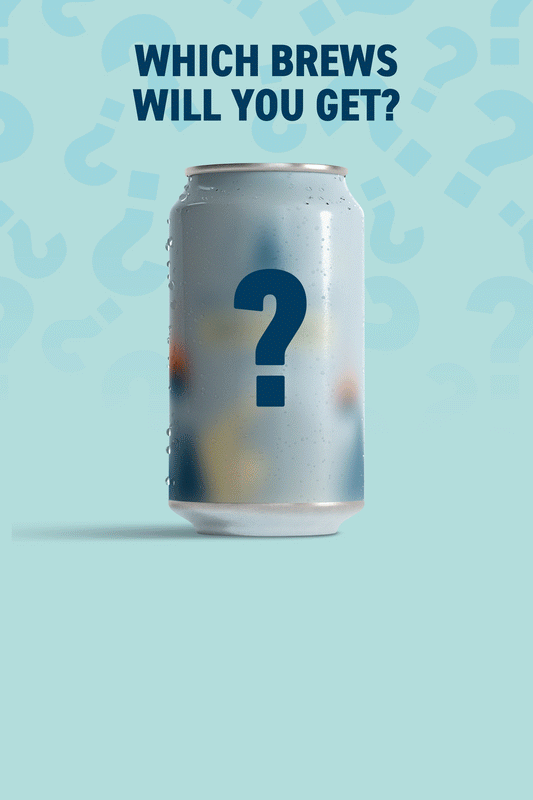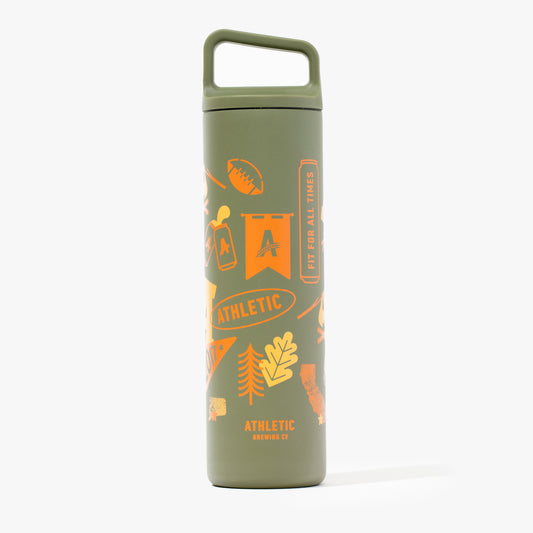168幸运飞行艇
实时数据中心

-
Limited
IPA
Spruce & Juniper
🌐 Online Only | 6-Pack | Non-Alcoholic Beer
-0%Regular price $14.99Sale price $14.99 Regular priceUnit price / per -
Members Only
Brown
Stump Jump
🌐 Online Only | 6-Pack | Non-Alcoholic Beer
-0%Regular price $14.99Sale price $14.99 Regular priceUnit price / per -
Limited
Hoppy Pale
Side Stage
6-Pack | Non-Alcoholic Beer
-0%Regular price $14.99Sale price $14.99 Regular priceUnit price / per -
Members Only
Sour
Tropical Sour
🌐 Online Only | 6-Pack | Non-Alcoholic Beer
-0%Regular price $14.99Sale price $14.99 Regular priceUnit price / per -
Members Only
Sour
Blackberry Berliner Weisse
🌐 Online Only | 6-Pack | Non-Alcoholic Beer
-0%Regular price $14.99Sale price $14.99 Regular priceUnit price / per -
Members Only
IPA
Tucker's West Coast IPA
🌐 Online Only | 6-Pack | Non-Alcoholic Beer
-0%Regular price $14.99Sale price $14.99 Regular priceUnit price / per -
Members Only
IPA
Triple Palm
🌐 Online Only | 6-Pack | Non-Alcoholic Beer
-0%Regular price $14.99Sale price $14.99 Regular priceUnit price / per -
Limited
IPA
Ready Front
🌐 Online Only | 6-Pack | Non-Alcoholic Beer
-0%Regular price $14.99Sale price $14.99 Regular priceUnit price / per -
Best Seller
Golden
Upside Dawn
6-Pack | Non-Alcoholic Beer
-0%Regular price $13.99Sale price $13.99 Regular priceUnit price / per -
Best Seller
Light
Athletic Lite
6-Pack | Non-Alcoholic Beer
-0%Regular price $13.99Sale price $13.99 Regular priceUnit price / per -

Subscription
Brew of the Month
December Brew: Spruce & Juniper
-0%Regular price $14.99Sale price $14.99 Regular priceUnit price / per -
Limited
Pickle-Inspired Brew
Dill Dreams
🌐 Online Only | 6-Pack | Non-Alcoholic Beer
-0%Regular price $14.99Sale price $14.99 Regular priceUnit price / per -
Best Seller
IPA
Run Wild 19.2 oz
15-Pack | Non-Alcoholic Beer
-0%Regular price $56.85Sale price $56.85 Regular priceUnit price / per -
Best Seller
IPA
Free Wave 19.2 oz
15-Pack | Non-Alcoholic Beer
-0%Regular price $56.85Sale price $56.85 Regular priceUnit price / per -
Miir Wide Mouth Tumblr (20 oz)
-0%Regular price $35.00Sale price $35.00 Regular priceUnit price / per -
Miir Everywhere Bottle (20 oz)
-0%Regular price $18.00Sale price $18.00 Regular priceUnit price / per -
Miir Camp Mug (12 oz)
-0%Regular price $28.00Sale price $28.00 Regular priceUnit price / per -
Limited
Winter Warmer
Winter Wonder
6-Pack | Non-Alcoholic Beer
-0%Regular price $14.99Sale price $14.99 Regular priceUnit price / per
-
Best Seller
Golden
Upside Dawn
6-Pack | Non-Alcoholic Beer
-0%Regular price $13.99Sale price $13.99 Regular priceUnit price / per -
Best Seller
Light
Athletic Lite
6-Pack | Non-Alcoholic Beer
-0%Regular price $13.99Sale price $13.99 Regular priceUnit price / per -
Best Seller
Belgian-Style White
Wit's Peak
6-Pack | Non-Alcoholic Beer
-0%Regular price $14.99Sale price $14.99 Regular priceUnit price / per -
Best Seller
IPA
Run Wild 19.2 oz
15-Pack | Non-Alcoholic Beer
-0%Regular price $56.85Sale price $56.85 Regular priceUnit price / per -
Best Seller
IPA
Free Wave 19.2 oz
15-Pack | Non-Alcoholic Beer
-0%Regular price $56.85Sale price $56.85 Regular priceUnit price / per
-
Limited
Winter Warmer
Winter Wonder
6-Pack | Non-Alcoholic Beer
-0%Regular price $14.99Sale price $14.99 Regular priceUnit price / per -
Limited
IPA
Spruce & Juniper
🌐 Online Only | 6-Pack | Non-Alcoholic Beer
-0%Regular price $14.99Sale price $14.99 Regular priceUnit price / per -
Limited
Hoppy Pale
Side Stage
6-Pack | Non-Alcoholic Beer
-0%Regular price $14.99Sale price $14.99 Regular priceUnit price / per -
Limited
IPA
Ready Front
🌐 Online Only | 6-Pack | Non-Alcoholic Beer
-0%Regular price $14.99Sale price $14.99 Regular priceUnit price / per -
Limited
IPA
Hometown Harvest
🌐 Online Only | 6-Pack | Non-Alcoholic Beer
-0%Regular price $14.99Sale price $14.99 Regular priceUnit price / per -
Limited
Pickle-Inspired Brew
Dill Dreams
🌐 Online Only | 6-Pack | Non-Alcoholic Beer
-0%Regular price $14.99Sale price $14.99 Regular priceUnit price / per -

Subscription
Brew of the Month
December Brew: Spruce & Juniper
-0%Regular price $14.99Sale price $14.99 Regular priceUnit price / per -
Limited
Variety
Mystery Sampler Pack
🌐 Online Only | Non-Alcoholic Beer
-0%Regular price From $59.96Sale price From $59.96 Regular priceUnit price / per$59.96
中国168体彩网同步免费下载

-
#1 Selling Craft N/A Brand
Source: Nielsen
-
25,000+ 5-Star Reviews
AKA it actually tastes really good!
-
25+ Gold medal Beer Awards
Loved by fans and experts.
-
Proudly b-corp Certified
Millions funded for local trails.





























































 Your Privacy Choices
Your Privacy Choices











